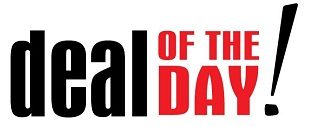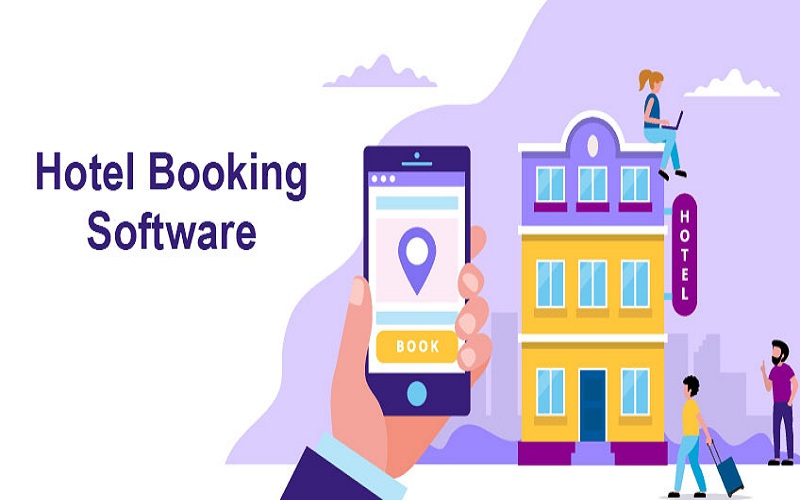Benefits of Using a Hotel Management System
Managing a hotel business comes with its own set of challenges. There are various operational aspects that need to be looked after such as reservations, room availability, billing, housekeeping, maintenance, staff management and more. Doing all of this manually can be a tedious and error-prone process. This is where a Hotel Management System comes in as a smart solution.
A Hotel Management System (HMS) is a software that helps in automating various day-to-day operations of a hotel. It acts as a centralized platform for managing all aspects of the business right from the front desk to the back office. In this article, we will explore some key benefits that hotels can gain by implementing an HMS.
1. Increased Efficiency
One of the biggest advantages of using an HMS is that it streamlines various processes and makes them more efficient. Tasks that earlier required manual labor can now be automated.
For example, the front desk staff no longer needs to maintain physical records and files. Guest information can be stored digitally in the system. Room allocation, billing, check-in/check-out all become faster processes. Housekeeping staff can receive digital task assignments on their mobile devices.
Maintenance requests get logged into the system automatically. Management gets real-time visibility into operations. All this leads to significant time savings. Staff can focus on delivering better customer service rather than getting bogged down in paperwork.
2. Improved Guest Experience
A good HMS helps enhance the overall guest experience. Features like online booking, self-service kiosks, mobile check-in/check-out allow guests to manage parts of their stay by themselves, saving time.
Personalized services and recommendations can be offered basis past purchase history. Loyalty programs and rewards systems can be integrated. Guest requests and complaints also get addressed faster when everything is digitally tracked.
Overall, this improves guest satisfaction, builds loyalty and encourages repeat visits and referrals. Positive reviews on social media further boost the hotel’s reputation and visibility.
3. Revenue Optimization
Advanced HMS solutions come equipped with revenue management tools that help optimize room pricing and inventory. Real-time data on occupancy patterns, demand trends, group bookings etc. is analyzed to determine the right room rates under different scenarios.
Dynamic pricing enables adjusting room prices based on demand. Unsold inventory can be better managed through group blocks and packages. Comprehensive reporting helps identify revenue leakage areas. All this helps maximize profits by selling rooms at optimal rates.
4. Improved Decision Making
Data-driven insights are extremely valuable for business planning and decision making. A good HMS provides analytical reports and dashboards covering aspects like occupancy trends, busiest days/months, source of bookings, revenue by room type/channel and more.
This historical and real-time data helps the management evaluate performance, identify growth opportunities, plan budgets, take strategic calls around marketing, staffing, facilities etc. Impact of various initiatives also becomes easier to measure.
5. Multi-Property Management
As hotels expand to multiple locations, a cloud-based HMS allows centralized remote management of all properties from any device. Operations across properties can be standardized. Resources like staff and inventory can be shared. Group bookings and contracts are easier to manage.
Performance of individual properties as well as the entire chain is visible on a single dashboard. Policies, rates and offerings can be rolled out simultaneously to multiple locations with ease. This significantly improves scalability and control over expanding operations.
6. Integration with Channels
Modern HMS solutions offer seamless integration with major online travel agencies (OTAs), meta-search sites, global distribution systems (GDS), property websites and other third-party channels.
Two-way sync of real-time rates and availability ensures consistency across all touchpoints. Bookings from any channel instantly get reflected in the central system. Comprehensive reports track performance and ROI of each marketing channel.
This wider reach and distribution improves direct bookings as well as last-minute bookings through OTAs. Advanced channel managers further optimize distribution by identifying high-converting channels.
7. Automated Processes
A Hotel Management System automates many routine daily tasks through predefined workflows and rules, eliminating the need for manual intervention. For instance, reminder emails can be scheduled to send automatically before check-out. The HMS will also automatically raise maintenance requests if inventory of any item drops below a predefined threshold.
Any room cancellations can trigger allocation of those rooms to guests on the waiting list. Invoices and receipts are sent on scheduled dates without manual follow ups. Channel availability updates happen in real-time as bookings are confirmed or changed within the HMS. Even night audit tasks like billing are performed systematically. This frees up staff from repetitive administrative work, allowing them to focus more on strategic and customer facing responsibilities.
8. Cost Savings
A hotel management system can help drive significant cost savings over time. Streamlining operations and automating manual processes reduces errors and improves staff efficiency. This allows hotels to redeploy employees from redundant roles that are now automated, lowering payroll expenses. Hotels also benefit from less spending on physical paper, printing, filing and storage when documents are digitized. Utility bills decrease as the HMS optimizes energy and water usage through controls.
Online payment processing integrated into the system cuts down transaction fees compared to cash payments. Expenses are further reduced through centralized remote management of properties using cloud-based tools, improving resource utilization across locations. Additionally, revenue optimization features enabled by the HMS boost profits. The combined effect of lowered costs and increased revenues ensures a positive return on investment within the first 1-2 years for most hotels that deploy such an automated management system.
9. Scalability and Flexibility
Cloud-based HMS solutions are highly scalable to support growing operations. Features can be enabled/disabled as per evolving needs. Regular updates ensure compliance with latest industry and technology trends.
Advanced systems also provide APIs and customization capabilities. This allows integrating additional third-party solutions or tailoring the system as per unique business processes without disrupting existing workflows.
Conclusion
A well-implemented Hotel PMS helps drive significant operational efficiencies, optimize revenues, enhance guest experience, enable data-driven decisions and deliver tangible cost savings. The right HMS acts as a strategic digital backbone for automating as well as scaling up hotel businesses of any size.

